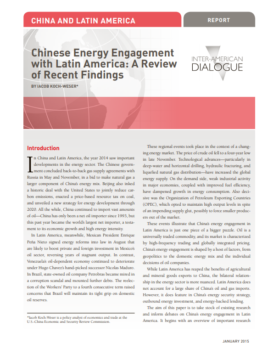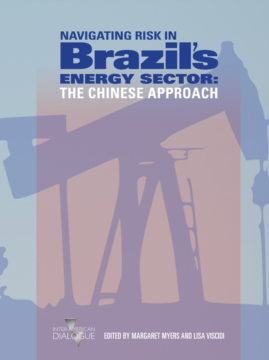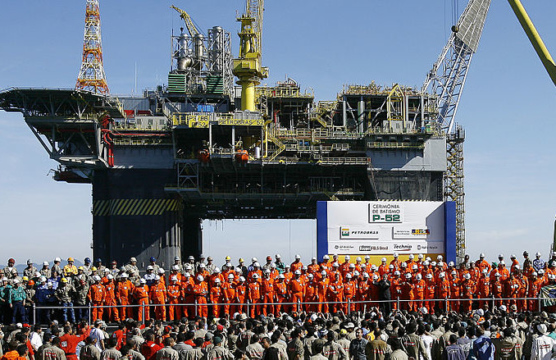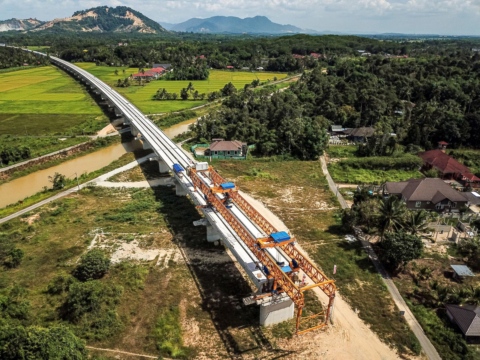
The Belt and Road at 10
Ten years on, how has the BRI evolved? And what should we expect from the initiative as it enters its second decade?
Ten years on, how has the BRI evolved? And what should we expect from the initiative as it enters its second decade?
This week, Margaret Myers, director of the Inter-American Dialogue’s Asia and Latin America Program, spoke with Newsweek about the significance of upcoming presidential elections in Paraguay for the country’s relationship with Taiwan, and Taiwan’s relations with the LAC region more broadly.
A recent Economist article discussing Sino-Argentine relations cited to commercial loan statistics from the Asia and Latin America Program’s China-Latin America Commercial Loans Tracker.
Insights from Karin Costa Vazquez on Lula’s recent re-election and its significance for Brazil’s relations with its Asian partners and in multilateral institutions.
Testimony by Program Director Margaret Myers on China’s Role in Latin America and the Caribbean to Senate Foreign Relations Committee.
On June 14, the Atlantic Council and the Energy Futures Initiative held a webinar on the role of natural gas in the transition to zero-carbon energy systems. Lisa Viscidi, director of the Energy, Climate Change & Extractive Industries Program at the Dialogue, spoke about financing natural gas infrastructure in Latin America.
China has become an essential, reliable partner for Latin American nations, while the United States, under the Trump Adminstration, has alienated itself away from longtime regional partners.
On November 14, 2019, the Inter-American Dialogue hosted the event, “5G and the Evolution of Smart Cities in Latin America and the Caribbean,” featuring panelists Eric Crabtree, Chief Investment Officer of the International Finance Corporation; Luis Fiallo, Vice President of China Telecom Americas; Ed Roach, Vice President of Regulatory Compliance and Associate General Counsel, SBA Communications; and Rachel Samrén, EVP and Chief External Affairs Officer of Millicom. Ernesto Muyshondt, mayor of San Salvador, El Salvador, provided the keynote address while Margaret Myers, director of the Asia and Latin America Program at the Inter-American Dialogue moderated the panel discussion.
The Dominican Republic’s president, Danilo Medina, in late March met with Chinese Vice Premier Hu Chunhua in Santo Domingo, where they agreed on new economic cooperation accords and followed up on agreements that the two countries made last year. How much have ties with China paid off for the Dominican Republic?
Margaret Myers, Director of the Dialogue’s Asia & Latin America Program, testified before the House Committee on Foreign Affairs on the subject of “Dollar Diplomacy or Debt Trap? Examining China’s Role in the Western Hemisphere.”
2018 has been a year marked by great political uncertainty for Latin American energy markets. Oil prices are up, creating strong incentives for investment, rising US natural gas exports are creating a new source of flexible, cheaper energy for Latin American consumers, and the cost of wind and solar energy is declining dramatically. However, Latin America continues to face uncertainty in energy policy as new governments take office in many countries and geopolitical tensions between the US and China are on the rise. With many questions on the table, government officials, corporate representatives, and analysts gathered on October 25 at the Inter-American Dialogue to assess the future of energy policy in the Western Hemisphere.
China’s economic footprint in the region is expanding at a rapid pace. Can Latin American societies keep up?
This report offers an extensive review of the English, Chinese, Spanish, and Portuguese literature on Chinese overseas energy sector engagement, highlighting a sub-set of issues especially relevant to policymakers. These include China’s effect on global commodity markets, the country’s outbound investment policies, and the extent to which China has a centralized strategy for overseas energy resource acquisition. The report concludes with timely suggestions for further research on Chinese energy engagement in the Americas.
Brazil’s oil and gas and electricity sectors are an important destination for Chinese direct investment.
Brazil must focus on reforms that will make Petrobras more competitive and create an attractive investment environment.
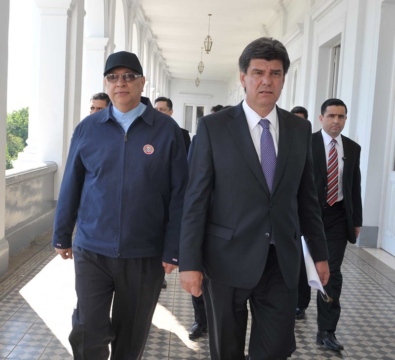
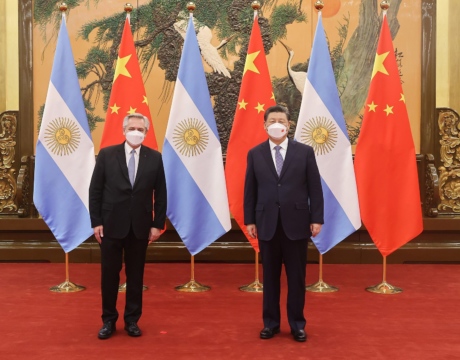
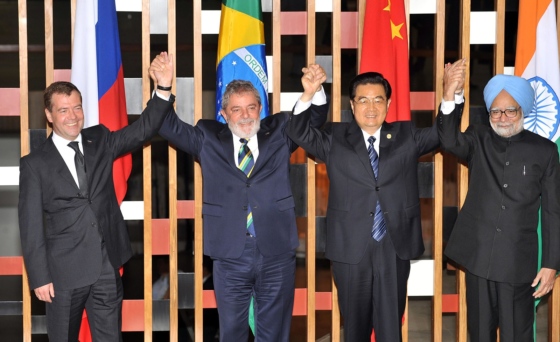
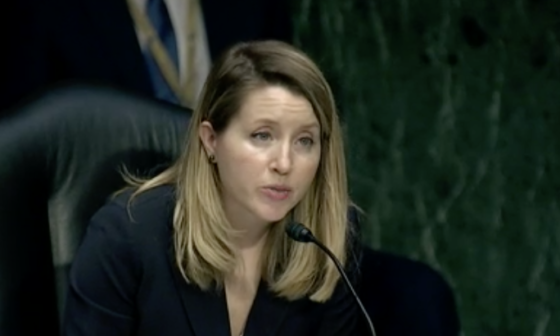 Video
Video
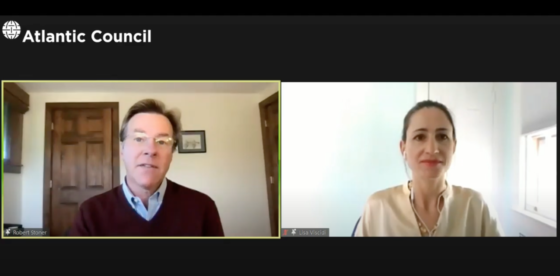 Video
Video

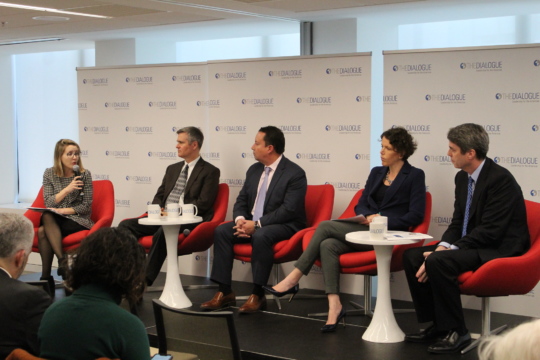 Video
Video
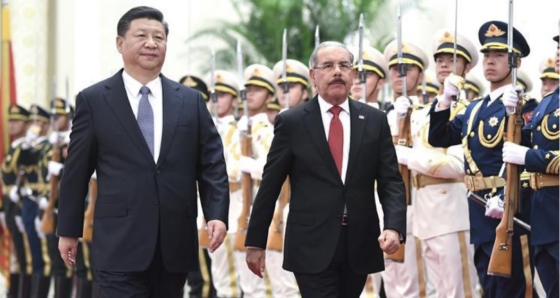
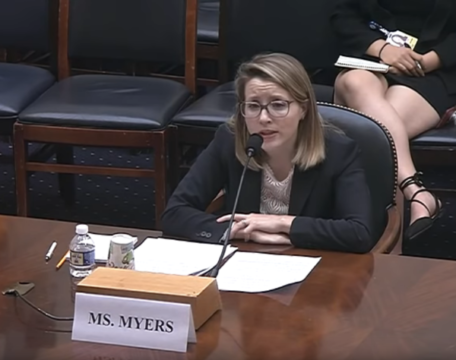 Video
Video
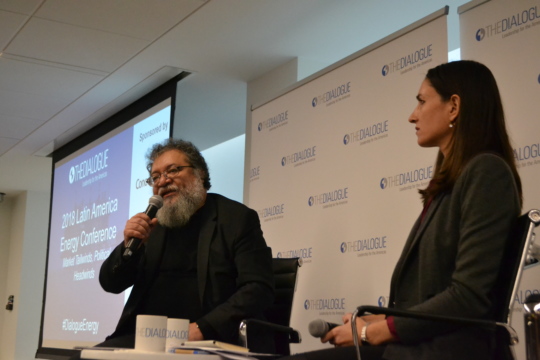 Video
Video
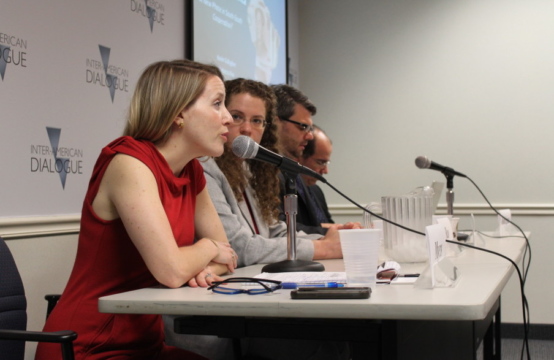 Video
Video
